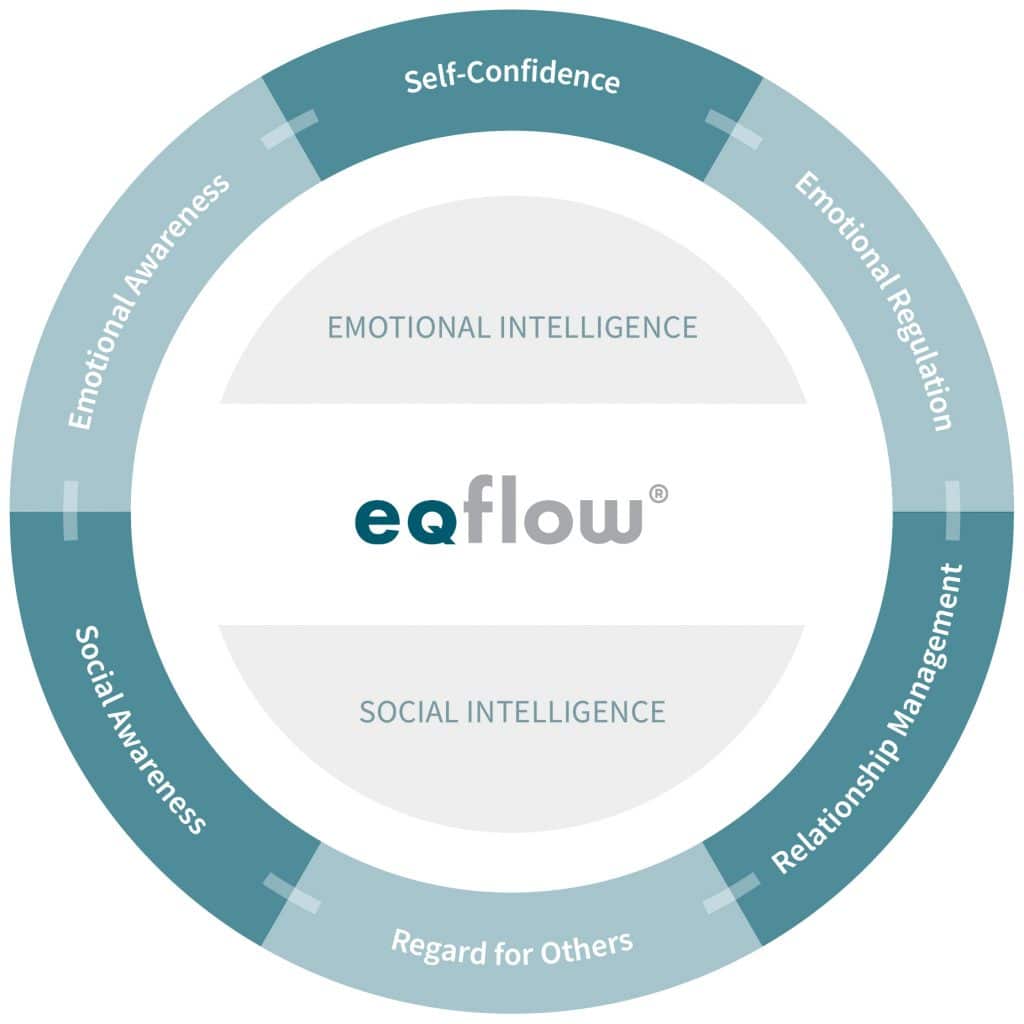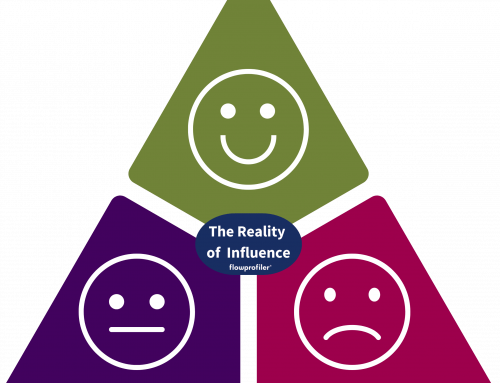Emotional resilience is the remarkable ability to bounce back from stress, adversity, failure, challenges, or even trauma. It’s not something you’re born with; it’s cultivated over time with conscious effort and practice. Why is emotional resilience so important? Because it’s the key to handling life’s inevitable hurdles efficiently and maintaining our mental health through ups and downs. Here we explore some effective strategies for building your emotional resilience.
challenges, or even trauma. It’s not something you’re born with; it’s cultivated over time with conscious effort and practice. Why is emotional resilience so important? Because it’s the key to handling life’s inevitable hurdles efficiently and maintaining our mental health through ups and downs. Here we explore some effective strategies for building your emotional resilience.
1. Understanding Your Emotions
The first step to emotional resilience is understanding and managing your emotions. Research suggests that self-awareness about your emotional triggers and reactions helps you prepare for emotional disturbances and develop better coping strategies (Gross, 2002). Keeping a daily journal can be a helpful tool in recognizing these patterns and triggers. This process of reflection aids in emotional regulation and reduces feelings of anxiety and depression (Smyth, 1998).
suggests that self-awareness about your emotional triggers and reactions helps you prepare for emotional disturbances and develop better coping strategies (Gross, 2002). Keeping a daily journal can be a helpful tool in recognizing these patterns and triggers. This process of reflection aids in emotional regulation and reduces feelings of anxiety and depression (Smyth, 1998).
Our eqflow® assessment is a great place to develop your awareness in emotional intelligence.
2. Practicing Mindfulness
Mindfulness meditation has been scientifically proven to enhance emotional resilience by promoting relaxation and presence of mind. Regular mindfulness exercises can significantly reduce stress and improve your response to emotional disturbances (Kabat-Zinn, 1994). Techniques like deep breathing, progressive muscle relaxation, or guided imagery are simple yet powerful ways to cultivate mindfulness.
3. Developing Healthy Relationships
Building strong, supportive relationships is crucial for emotional resilience. Studies show that a solid social support network can protect against stress and improve overall mental health (Cohen, 2004). Whether it’s friends, family, or support groups, being connected helps you to distribute the emotional load during tough times.
4. Learning from Setbacks
Adopting a growth mindset, where challenges are seen as opportunities to learn and grow, significantly contributes to resilience (Dweck, 2006). This perspective encourages you to ask what you can learn from each setback. Include narratives or interviews with people who have successfully navigated their way through hardships to illustrate this point effectively.
5. Taking Care of Your Physical Health
Physical health plays a pivotal role in how we cope with stress. Engaging in regular physical activity not only boosts your mood but also enhances resilience (Gerber, 2013). Moreover, adequate sleep and a nutritious diet are foundational to maintaining good mental health and resilience, providing the energy needed to tackle challenges.
6. Setting Realistic Goals
Setting and achieving realistic goals builds confidence and mastery. Using the SM
ART goals framework—Specific, Measurable, Achievable, Relevant, and Time-bound—can help you organise your efforts and feel more in control of your life (Doran, 1981). This sense of achievement reinforces your resilience against future challenges.
7. Embracing Change
Resilient individuals adapt to changes more effectively. By focusing on aspects of your life that you can control and accepting those you cannot, you reduce anxiety and enhance your ability to
 deal with change (Thompson et al., 2018). This adaptability is crucial for emotional resilience.
deal with change (Thompson et al., 2018). This adaptability is crucial for emotional resilience.
Building emotional resilience is a journey, not a one-time task. By integrating these strategies into your daily routine, you can develop a stronger, more resilient mindset that will help you navigate life’s challenges more effectively. Remember, resilience builds as you grow, so be patient and persistent.
Reach out to us at hello@flowprofiler.com to hear more about how the flowprofiler® family of assessments can help build the emotional resilience of your people.
References:
- Gross, J. J. (2002). Emotion regulation: Affective, cognitive, and social consequences. Psychophysiology, 39(3), 281-291.
- Smyth, J. M. (1998). Written emotional expression: Effect sizes, outcome types, and moderating variables. Journal of Consulting and Clinical Psychology, 66(1), 174-184.
- Kabat-Zinn, J. (1994). Wherever You Go, There You Are: Mindfulness Meditation in Everyday Life. Hyperion.
- Cohen, S. (2004). Social relationships and health. American Psychologist, 59(8), 676-684.
- Dweck, C. S. (2006). Mindset: The New Psychology of Success. Random House.
- Gerber, M. et al. (2013). Fitness and exercise as correlates of sleep complaints: is it all in our minds? Medicine and Science in Sports and Exercise, 45(5), 893-901.
- Doran, G. T. (1981). There’s a S.M.A.R.T. way to write management’s goals and objectives. Management Review, 70(11), 35-36.
- Thompson, R., Arnkoff, D. B., & Glass, C. R. (2018). Conceptualizing mindfulness and acceptance as components of psychological resilience to trauma. Trauma, Violence, & Abuse, 19(4), 456-467.



